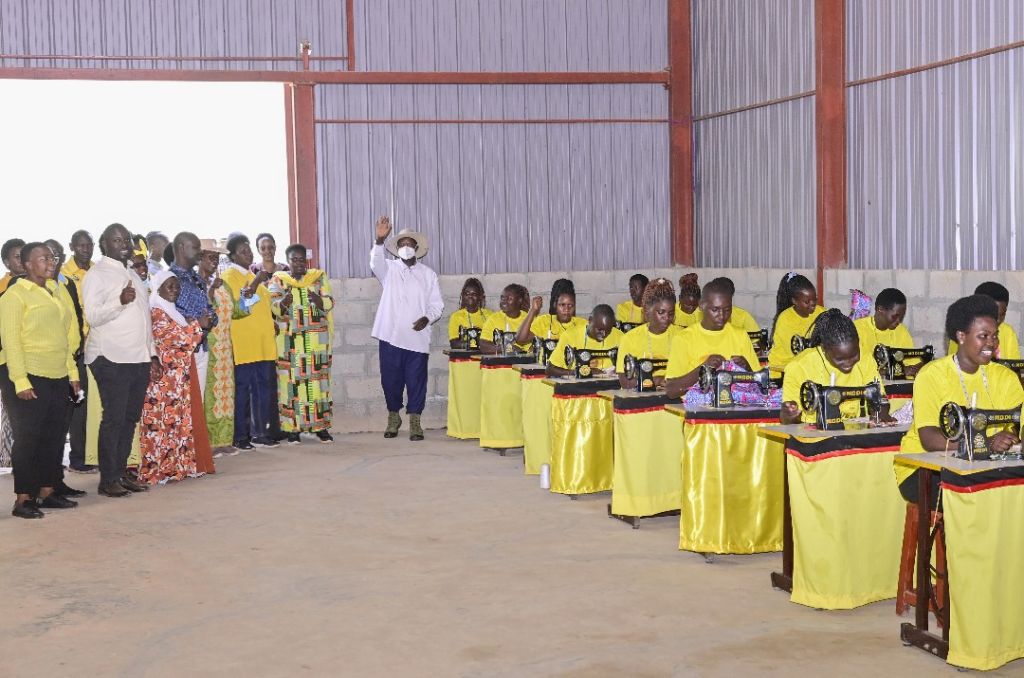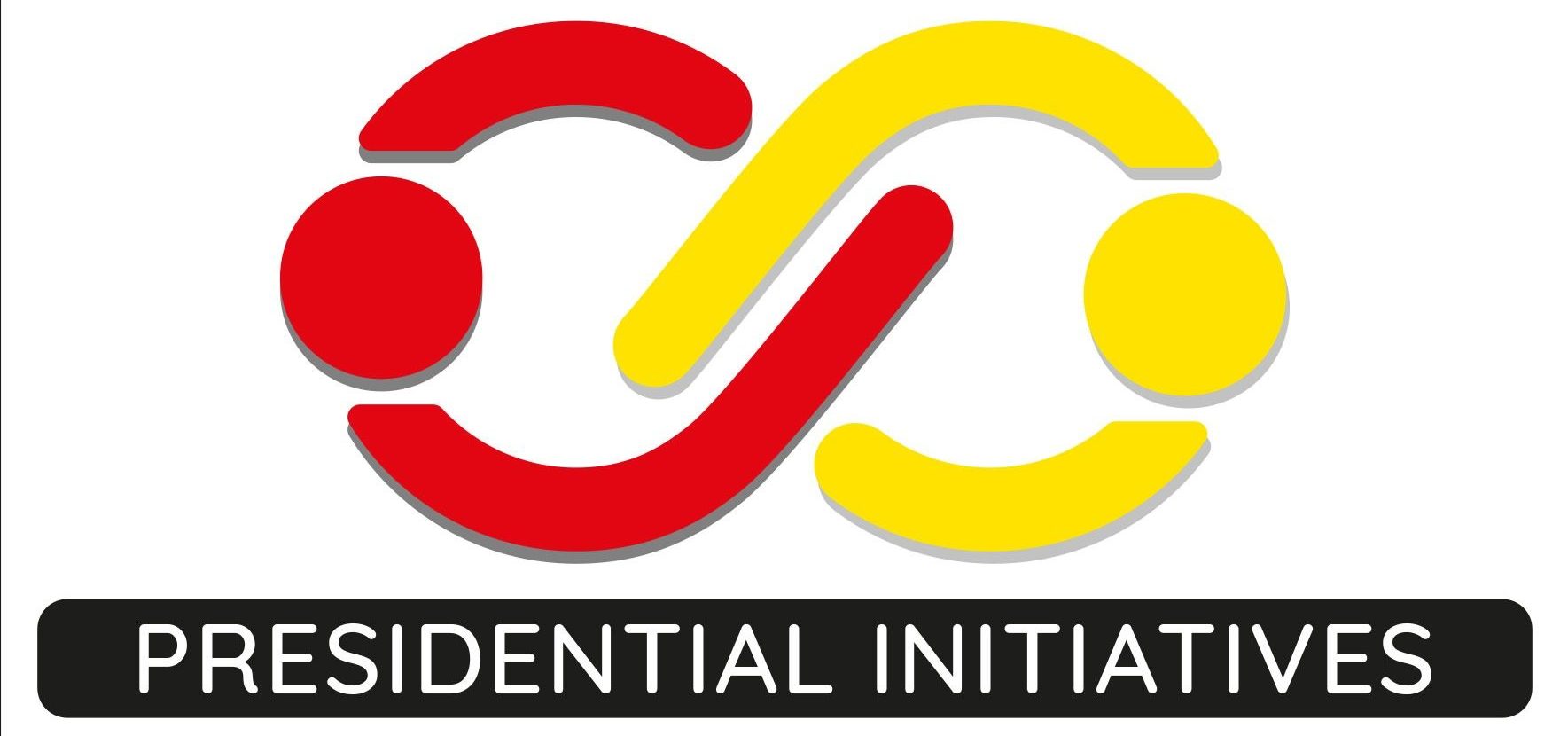
President Yoweri Kaguta Museveni officially commissioned the Ankole Zonal Presidential Industrial Hub in Muko Village, Mbarara District. This hub is part of a national initiative comprising 19 similar centers across Uganda.
The initiative aims to equip over 12,000 youths annually with vocational skills, fostering wealth creation, employment, and sustainable development. In his address, President Museveni emphasized the transformative impact of the hub on the region’s economic empowerment. He commended the commitment of the beneficiaries in acquiring the necessary skills to thrive in today’s economy.

Currently on a performance assessment tour focusing on wealth creation and the Parish Development Model (PDM) in the Ankole subregion, the President underscored the importance of following guidance to break the cycle of poverty. He reflected on the introduction of free education in government schools in 1996 as a crucial step in overcoming financial barriers for rural families. However, he expressed concern over the high dropout rates, particularly in regions like Karamoja, where 87% of learners drop out after Primary Seven.
President Museveni reaffirmed his commitment to ensuring that every sub-county has a primary school and every parish a secondary school. He pledged continued investment in infrastructure, including teachers’ houses, laboratories, and additional schools, to reduce education costs in rural areas.
Responding to local leaders’ requests, the President promised to expand student intake at the industrial hub and prioritize constructing additional dormitories. He assured that each zone would have one hub, with a focus on increasing student capacity rather than multiplying branches.

Highlighting the importance of financial inclusion, President Museveni urged all graduates to join district-level SACCOs to integrate into the money economy. He also unveiled plans for a factory to produce paper from banana fibers, providing an eco-friendly alternative to polythene bags.
On infrastructure development, the President announced plans to tarmac key roads, including the Bwizibwera-Ndina-Nyakasaka-Nyakabirizi and Biharwe-Rushozi-Bwizibwera roads. He reassured residents that once Uganda’s oil revenues materialize, more roads will be repaired.
During the event, President Museveni toured various departments of the Industrial Hub, including Hairdressing, Welding, Carpentry, Tailoring, Building and Concrete Practice, Shoe Making, and Bakery. So far, 720 students have graduated from the hub, each earning a certificate from the Directorate of Industrial Training (DIT) upon completing the six-month program.

The President commended several graduates, including Ninsiima Blair, a baking course graduate running a successful business in mandazi and chapati sales; Busingye Brenda, a Carpentry and Joinery graduate; Ainamastiko Diana, a tailoring graduate; and John William, a hairdressing graduate. These success stories illustrate the hub’s potential in fostering self-employment and economic growth.
Demonstrating his support for the graduates, President Museveni contributed Shs 40 million to four graduates to boost their businesses. He also donated Shs 10 million to a local women’s group, Shs 10 million to the Industrial Hub SACCO, and pledged 100 cows to the area church.
Vice President Jessica Alupo expressed gratitude to the President for his zonal tours, urging residents to continue supporting his development initiatives. Deputy Speaker Rt. Hon. Thomas Tayebwa advised the youth to prioritize saving before spending, sharing a personal anecdote about his grandmother’s financial discipline.

Zonal Hub Chairperson Mr. Kasagara Edward, who also serves as the Chief Administrative Officer of Rubirizi District, requested an increase in district student capacity from 14 to 25 and the introduction of plumbing and electrical installation courses. He also called for transportation support for the hub and proposed establishing district-level showrooms to help graduates showcase their work.
The event was attended by government ministers, Members of Parliament, local leaders, parents of graduates, and other dignitaries.
